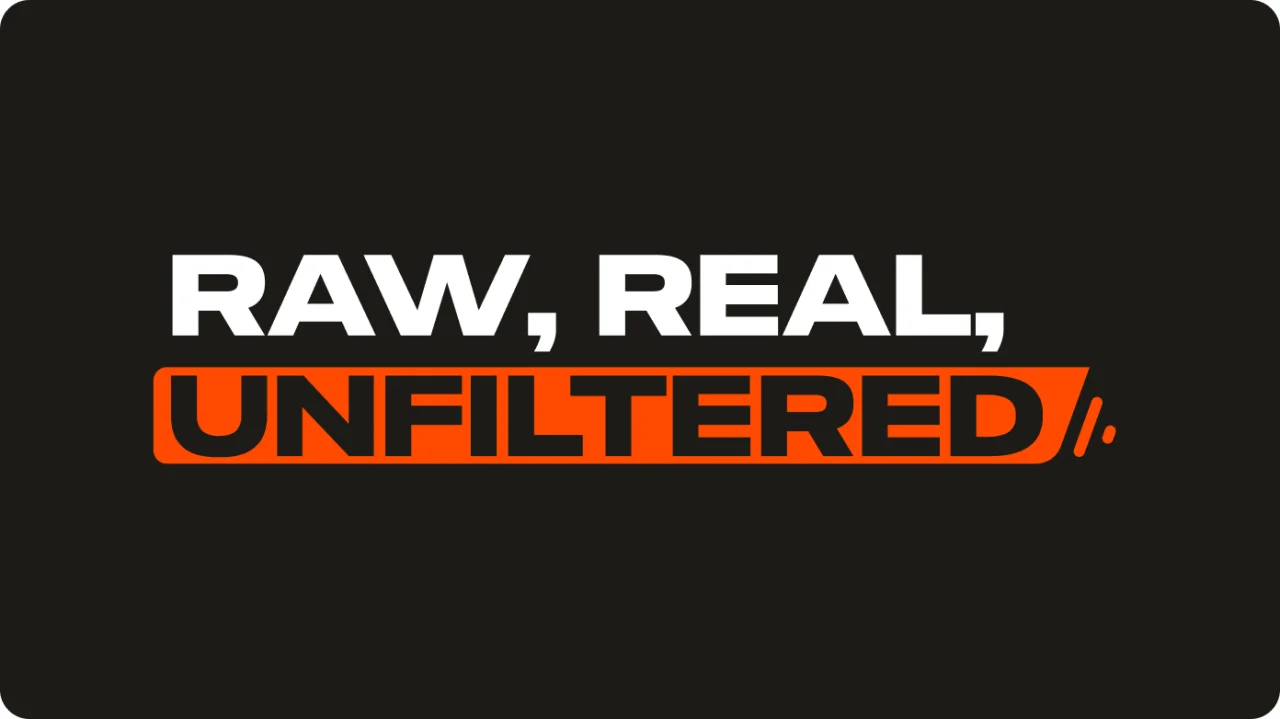Business Formation
Crucial Questions to Ask When Starting a Business
Finding answers for legal & financial matters.
PUBLISHED



Successful entrepreneurs aren’t the ones with all the answers. They’re the ones who keep asking the right business questions.
Key Takeaways

GET BIZEE PODCAST
Join us as we celebrate entrepreneurship and tackle the very real issues of failure, fear and the psychology of success. Each episode is an adventure.

